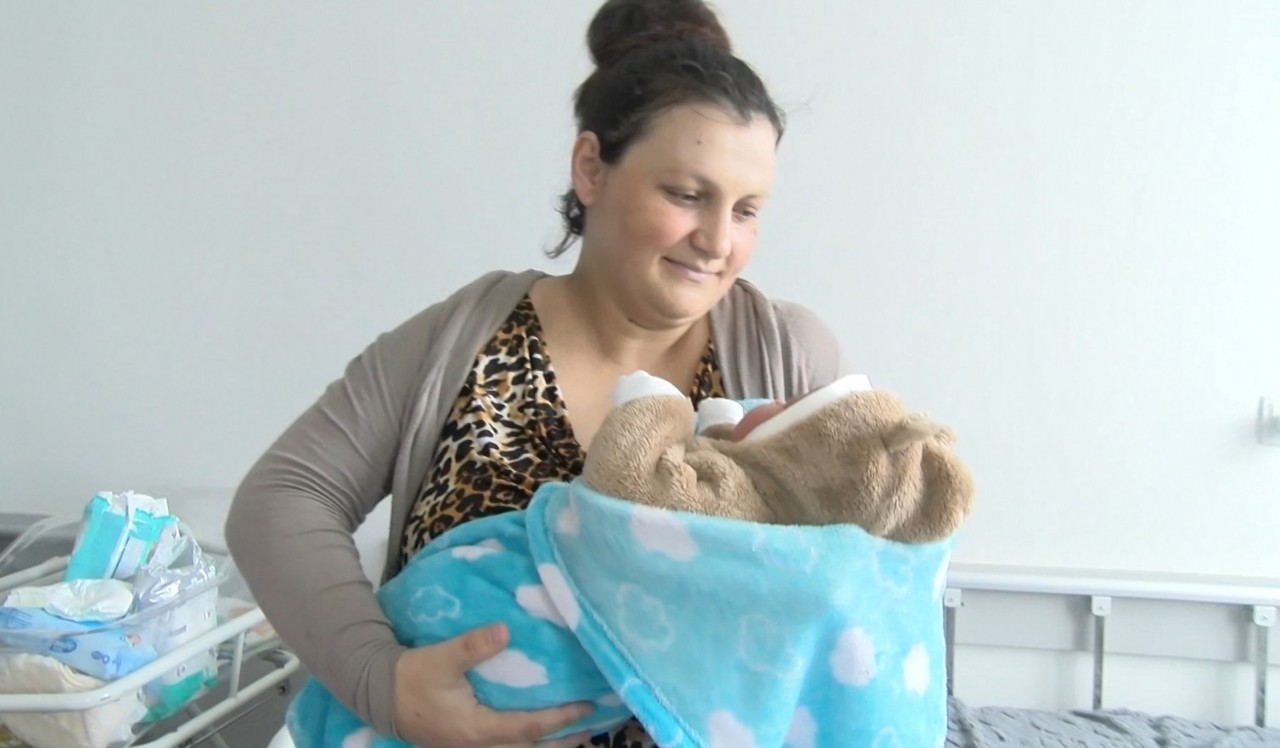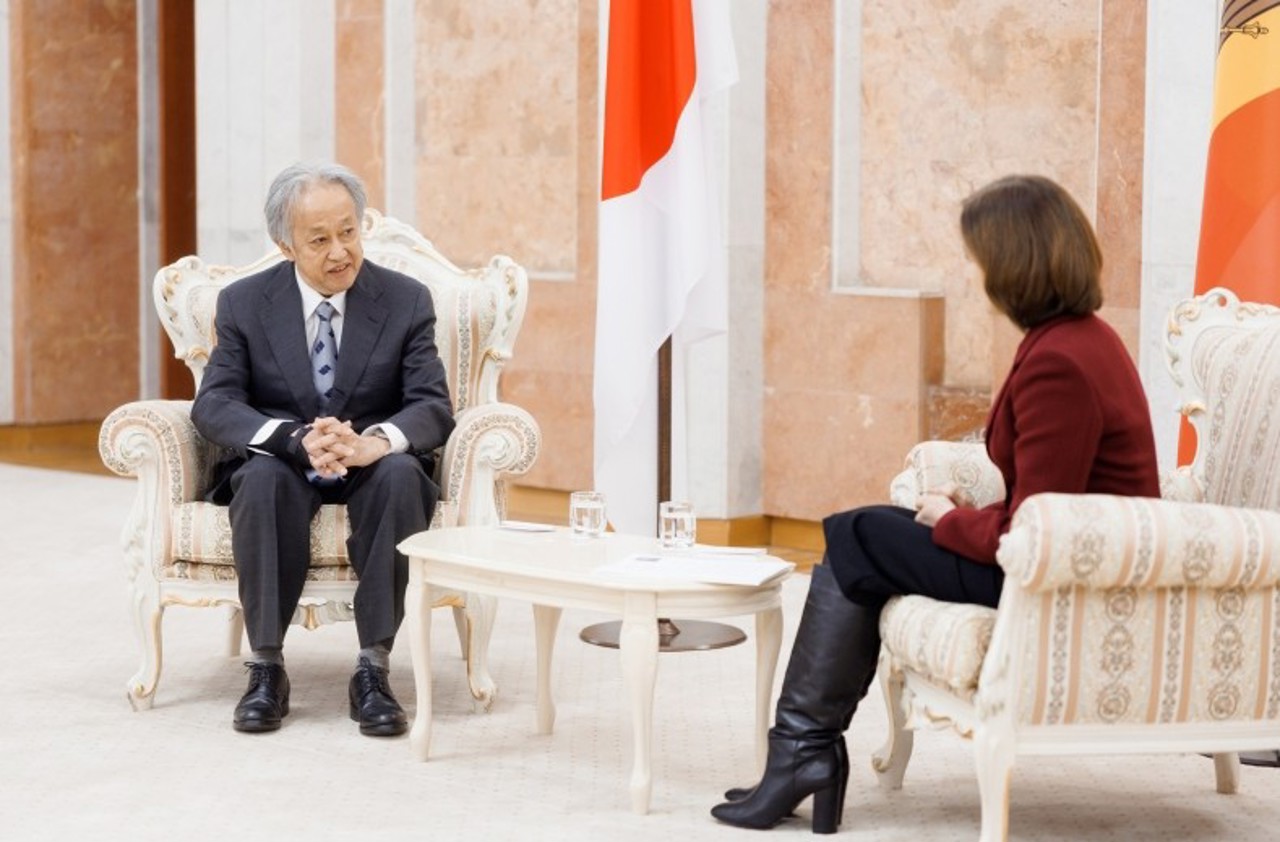Controversy surrounds UK's migration proposal to Rwanda
Before this week's debate in the House of Lords in London regarding the new proposed bill for Rwanda, Rishi Sunak's government has intensified its plans to deport rejected migrants from the UK to the African country, Dan Alexe reports from UK.

These plans have been blocked so far by both European and British courts, with the main arguments being that Rwanda is not a safe country and that migrants will either be exploited or deported to their countries of origin.
To counter the main objection, according to the source, the UK signed a new treaty with Rwanda earlier this year to ensure that those expelled there are not returned to their countries of origin. However, the treaty still insists that Rwanda is a safe country, despite the fact that in this former Belgian colony, a true genocide occurred in 1994, when nearly a million Tutsis were massacred by Hutus.
Yet, it has just been revealed that four Rwandans have recently been granted refugee status in the UK due to "well-founded" fears of persecution at home, at the same time as the government in London was arguing in court and parliament that Rwanda is a safe place to send asylum seekers.
The Home Office has decided that "the refugees' fear of persecution is 'well-founded'", thus undermining Rishi Sunak's claims about the East African country.
One of the Rwandans was granted asylum by the Home Office on October 12, the day after the government concluded a case in the Supreme Court, arguing that the African country is "safe."
Another asylum seeker from the African state is a woman who was forced by the regime to work for the intelligence services in Rwanda. She was granted asylum on November 24.
Ali Abdulkarim, vice president of the Rwanda National Congress opposition party and living in London, said: "The fact that these Rwandans are still being granted asylum in the United Kingdom sheds a true light on the bill. The bill is politically motivated. There may be an appearance of order or rule of law [in Rwanda], but it remains a dictatorship, and there is no safety for people living there."
Interestingly, the Italian government under Giorgio Meloni has also reached an agreement with Albania to send rejected migrants there. The main problem with these utopian plans, reminiscent of the 1930s, is that they cannot be implemented, primarily from a legal standpoint.
In the end, faced with the anticipated failure of such plans, many recall that they are not even unprecedented: In the 1930s, before resorting to the murderous "final solution," Hitler had intended, in a first stage, to deport Jews to Africa... to the island of Madagascar, the author said!
Translation by Iurie Tataru





